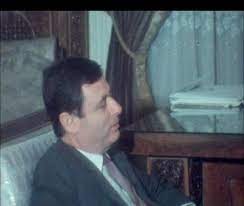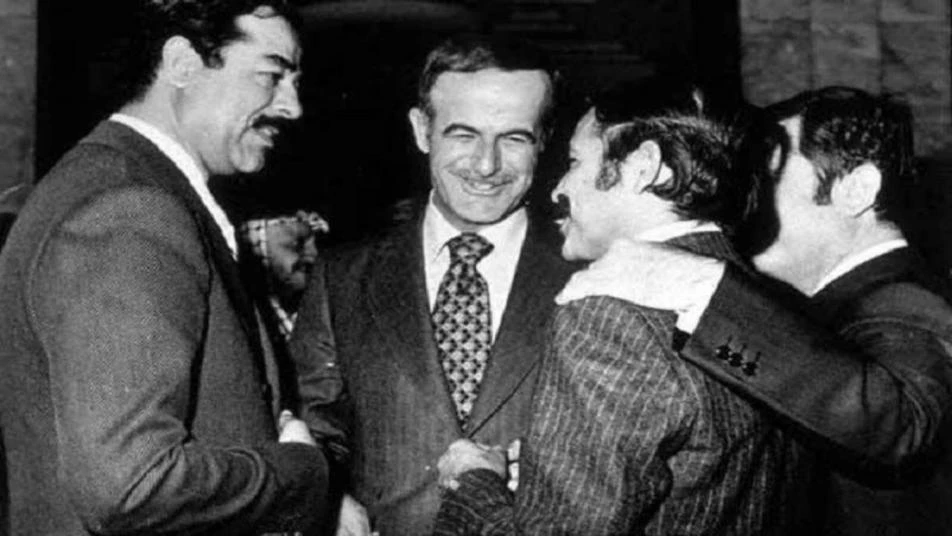Abdel Halim Khaddam, a prominent figure in the former Syrian regime and a longtime foreign minister of the country, affirmed that Syria’s relations with Morocco experienced tension in the 1960s, particularly in the face of the Ba’athist and Nasserist influences before returning to normalcy in 1972.
Khaddam stated that he conducted a tour in North Africa in March of the same year, visiting Tunisia, Morocco, Algeria, and Mauritania. The purpose of the visit was to explain the situation in the Middle East and inform these countries of our determination to wage war against Israel, seeking their support.
Arriving in Rabat from Algeria, Khaddam found Morocco in a state of political tension as it sought to manage the post-coup phase in Skhirat.
In a press interview, Khaddam mentioned: “The image we held of King Hassan II was frightening, of a king who suppresses and kills. But after meeting him, I found that he was a modern and profound man, expressing strong affection for Syria and keen to support it. He said, ‘We don’t have oil, but we have forces that we will send to support Syria and participate in the war alongside it.’ I couldn’t believe my ears in joy when I heard him say this, feeling as if I had plucked a star from the sky. Hassan II would send forces to support Syria, while we were fighting him day and night.”
Khaddam acknowledged Syria’s support for the opposition through a secret nucleus of the Ba’ath Party. Assad also supported Moroccan students affiliated with leftist tendencies, providing them with scholarships to study at Damascus universities.
During the meeting between Abdel Halim Khaddam and Hassan II, the king stated that the Kingdom of Morocco received blows from Assad. He added that Morocco would endure all the bruises just because the Arab cause is above all considerations. He pointed out that although Morocco is the furthest geographically from Syria, it is the closest in terms of lineage and sentiment because the Alawite connection unites the two peoples.
Khaddam admitted the success of his visit to Morocco and the significant national impact it had. Morocco would be the first country to send its forces to Syria. Moroccan soldiers arrived in Damascus a few months before the start of the war, placing themselves under the command of the Syrian army.


